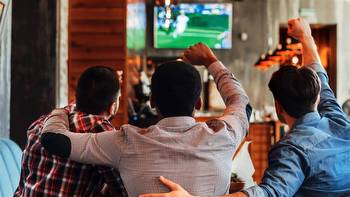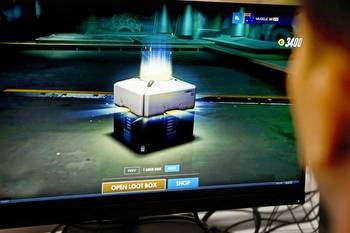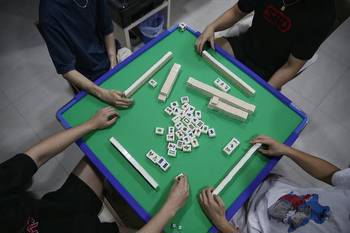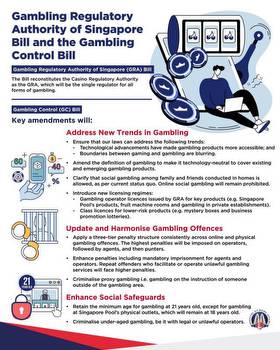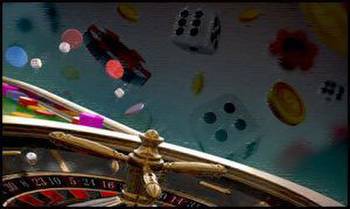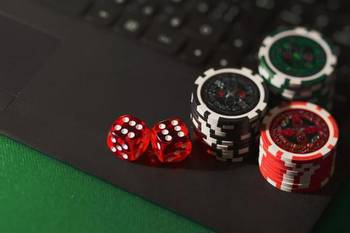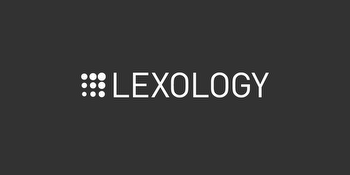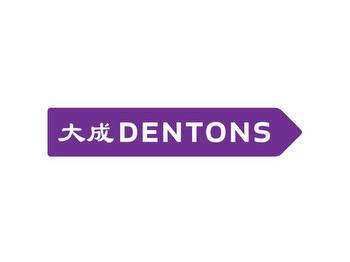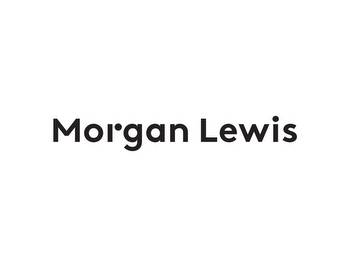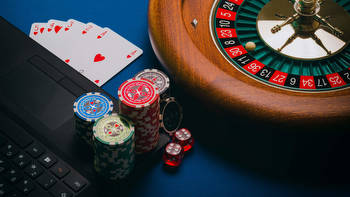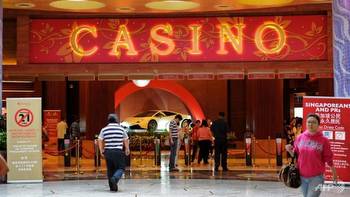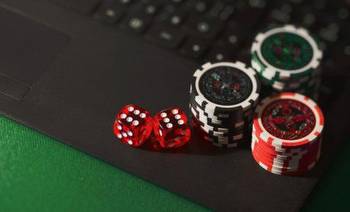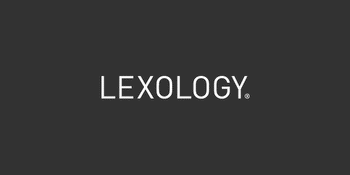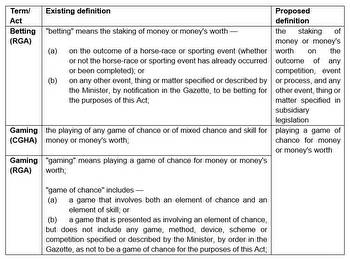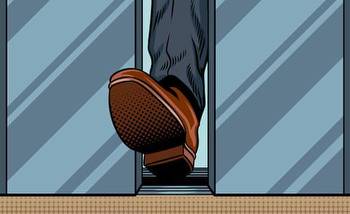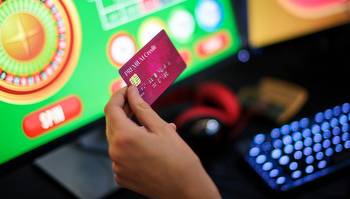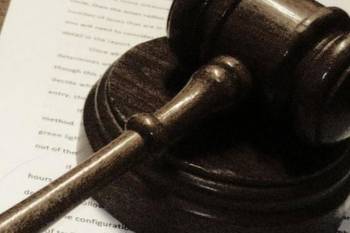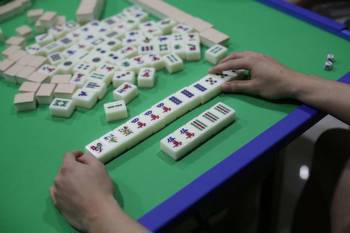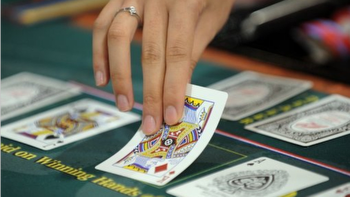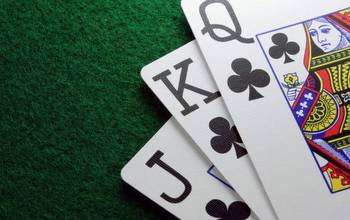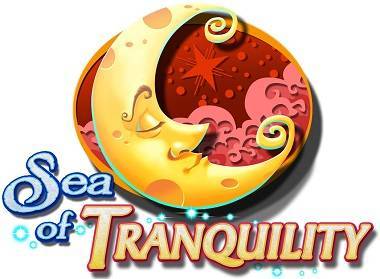Public Consultation on Proposed Amendments to Singapore’s Gambling Laws

In a press release dated 12 July 2021, the Ministry of Home Affairs of Singapore (MHA) announced that it is seeking feedback from the public on certain proposed amendments to the existing gambling legislation. The proposed amendments seek to address two trends in the gambling landscape. First, advancements in technology relating to the internet and mobile computing that have made gambling products more accessible. Second, the blurring of boundaries between gambling and gaming and the introduction of gambling elements in products that are not traditionally perceived as gambling.
DEFINITION OF GAMBLING
Currently, the definition of “gambling” differs across different pieces of gambling legislation in Singapore, depending on the gambling product.
The MHA proposes to broaden the definition of gambling to make it technology-neutral, so that it can cover existing and emerging gambling products. The MHA acknowledged that a wider definition may inadvertently cover products it has no intention of treating as gambling products, such as financial products already regulated by the Monetary Authority of Singapore through other legislation. To prevent this, the MHA stated that it will adopt the approach taken in other jurisdictions (e.g., United Kingdom, Australia, Switzerland, and Denmark) and carve out these products from the definition of gambling.
GAMES WITH GAMBLING ELEMENTS
The MHA observed that mystery boxes are similar to lotteries, in particular those that promise high-value prizes that can easily be traded for cash. As the value of prizes increases, their potential to induce gambling behavior increases. It also observed that arcades have begun to offer high value to entice patrons. This trend, coupled with the fact that arcade games and claw machines can have elements of chance, is of concern as it brings the operation of these machines close to gambling. The MHA recognizes that such activities are considered a form of entertainment but has taken the view that safeguards need to be introduced to ensure that these activities do not induce gambling behavior and cause social problems.
To address the blurring boundaries between gambling and gaming, the MHA proposes to introduce a prize cap of $100 for mystery boxes, arcade games and claw machines. It is of the view that the cap will be sufficient to address the inducement effect of high-value prizes, without increasing the regulatory burden on operators.
ONLINE GAMES OF CHANCE WITH VIRTUAL PRIZES
The MHA observed that it is increasingly common for online and video games to incorporate in-game micro transactions (e.g., loot boxes) that can resemble gambling.
Currently, Singapore gaming laws and regulations do not consider games of chance with virtual prizes as gambling so long as there are no in-game monetisation facilities that allow players to exchange virtual prizes for real-world payouts (i.e., money, or items that can be exchanged for money). The MHA proposes to update existing laws and regulations to address virtual items that can be transferred out of the game, and potentially be exchanged for money or money’s worth on a third-party hosted exchange.
First, it proposes to introduce conditions to ensure that transferable virtual items are retained in the context of gameplay and entertainment, as intended by game developers. Online games of chance that allow players to use virtual items from other games as a form of stake on casino games or match outcomes, such as skin-betting sites, will not be allowed.
Second, it proposes to allow in-game monetisation facilities for free-to-play games (i.e., players do not have to pay to play or receive virtual prizes), subject to conditions similar to those imposed on currently-exempted business promotion lucky draws (which will remain exempted in the new legislation), such as:
- The online game must be for the purpose of business promotion (other than a gambling service).
- No stake must be involved (i.e., there must be no payment for participation, or to affect the odds of winning, in the online game of chance except a reasonable charge for the promotional product or service that is sold or supplied to qualify for participation).
- There must be no profits to be made from the game of chance. The online game of chance must be organised in such a way as to ensure that no profits are made by the business organisation conducting the online game of chance, from the game per se.
- There must be no gambling iconography. The online game of chance cannot involve (i) any game, method, device, scheme, or competition declared to be a game of chance or a mixed game of chance and skill, or (ii) any instrument or appliance for gaming declared to be instruments or appliances for gaming ( as declared by the Minister of Home Affairs in existing gambling legislation).
- The online game of chance should not contain any gambling-related advertisement or promotion.
SOCIAL GAMBLING
While the above proposed changes expand the scope of Singapore’s existing gambling laws and regulations and increases the regulation of nontraditional gambling products such as mystery boxes, arcade games, and online games, the MHA is also proposing the relaxion of regulations in respect of social gambling.
The MHA recognizes that gambling among family and friends in homes is socially acceptable, and poses low law-and-order concerns. Hence, it proposes to exempt physical social gambling among family and friends, subject to conditions that safeguard against criminal exploitation. Social gambling among family and friends will be expressly permitted under legislation, subject to the satisfaction of certain criteria, such as:
- The gathering must be for a social occasion and there is a real relationship among participants.
- The gambling is not promoted or conducted for the purposes of trade or business.
- The activity is not for the private gain of any person other than the extent of the game's winnings.
- The activity is conducted in enclosed areas of private residences, provided that participants are invitees of the owner or tenant
The MHA warned that strong enforcement action against syndicates which exploit the proposed exemption to conduct illegal gambling activities. Online social gambling among family and friends remains prohibited under the Remote Gambling Act due to enforcement difficulties (e.g., the difficulty in establishing if individuals are sufficiently and meaningfully acquainted with each other in the online context to qualify as social gambling).
PENALTIES
Finally, the MHA proposes to rationalise penalties across various gambling legislation. The Remote Gambling Act currently provides for a three-tier penalty structure for illegal online gambling, with the highest penalties imposed on operators, followed by agents and then punters. The MHA proposes to apply this differentiated penalty structure across all forms of gambling activity, so as to ensure consistency between online and physical gambling activities.
The MHA also proposes to raise penalties for repeat offenders who facilitate or operate illegal gambling services, to increase deterrence. The MHA however clarified that it is not proposing to raise the penalties for repeat offenders for punters of illegal gambling services for the time being as it intends to focus enforcement efforts on illegal gambling agents and operators.
The public is invited to submit feedback to MHA by 10 August 2021. Read the full report on the MHA's proposals.
The proposed amendments to existing gambling legislation in Singapore relating to the expanded definition of gambling and the increased regulation of games with gambling elements come as no surprise. The MHA had previously announced in April 2020 that it was looking into amending all gambling legislation by 2021 to ensure that its regulatory mechanisms can effectively address evolving gambling products and business models and had expressly mentioned the need for regulation of products such as mystery boxes. There has also been an increased focus in the media on the link between loot boxes and problem gambling.
Game developers and other stakeholders in the gaming industry may wish to consider whether any of the elements in the games that they develop, in particular the game’s in-game monetisation facilities and transferability of transferable virtual items, would run afoul of the proposed amendments to the law in their current proposed form, and to provide feedback to the MHA. They may also wish to seek greater clarity and detail on the conditions proposed to be imposed on transferable virtual items and in-game monetisation facilities for free-to-play games.
The proposed exemption for social gambling represents a relaxation of Singapore’s prohibitive stance against gambling, other than in licensed land-based casinos or through exempted betting outlets and operators. It remains to be seen how the MHA intends to further define the conditions for social gambling, and whether it will introduce any presumptions or deeming provisions (e.g., whether there will be premotions as to what constitutes a “bona fide social relationship” among participants).








